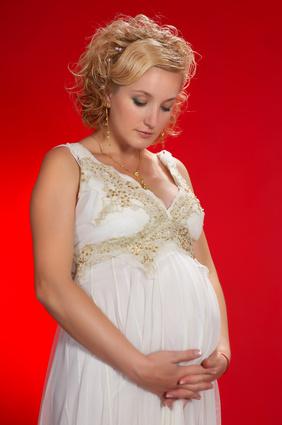Deciding to start a family is a big decision. After being on birth control pills, you may be concerned about your ability to conceive. Understanding how the pill affects the body and what happens when you stop taking it can put your mind at ease.
Function
Birth control pills primarily work by using synthetically derived hormones to prevent ovulation. If you don’t ovulate, your ovaries don’t release eggs into the fallopian tubes. This effectively stops conception from occurring. In addition, the birth control pill also causes changes in cervix mucus so sperm cannot travel through it and into the uterus to seek out eggs. For a third level of protection, the birth control pill also causes the lining of your uterus to thin, which makes it difficult for an embryo to implant itself. With the three obstacles to conception in place, the pill is 99.7 percent effective when used properly.
Effects
Getting pregnant after you stop the pill is possible. Approximately 90 percent of women who stop taking birth control pills become pregnant within the first 12 months, according to Pregnancy Info.
For most women, there is typically a 90-day window between taking your last birth control pill and becoming fertile again. For some women, however, the wait can be longer, up to six months. Women coming off the pill are generally told to use alternative methods of birth control for two to three months so that their bodies can go through several menstrual cycles before attempting conception. Women can get pregnant as soon as they go off the pill, depending on their body’s naturally occurring cycle. Waiting several months, however, will allow you to more accurately determine when you are ovulating, therefore make conception easier to achieve.
Potential
The potential for pregnancy following cessation of the birth control pill is good. You can do several things to assist your body in getting back into its normal pattern and ready itself for conception. Pregnancy Info recommends eating nutritious foods, reducing your stress levels and exercising to get your body into shape for conception and pregnancy after you stop taking the pill.
Warning
Sometimes, when you stop the pill, your period will not return quickly, according to Livestrong.com. This usually happens because your body needs time to get itself back on track and have its hormone levels adjust. This can be disconcerting if you are trying to conceive after stopping the pill; however, waiting is usually all it takes before your menses return to normal and you are able to conceive.
In the rare case your periods do not return, Livestrong.com recommends making an appointment with your physician after six months pass without a period. It is also suggested you take a pregnancy test to determine if you are possibly already pregnant.
Expert Insight
There are advantages to waiting until several periods have passed before attempting to conceive, according to the Mayo Clinic. If you chart your periods after stopping the pill, you will be better able to determine your ovulation days. In addition, it will help the doctor more accurately estimate your early pregnancy due date if you know when you last ovulated.
Photo Credit
- pregnancy on red image by starush from Fotolia.com





